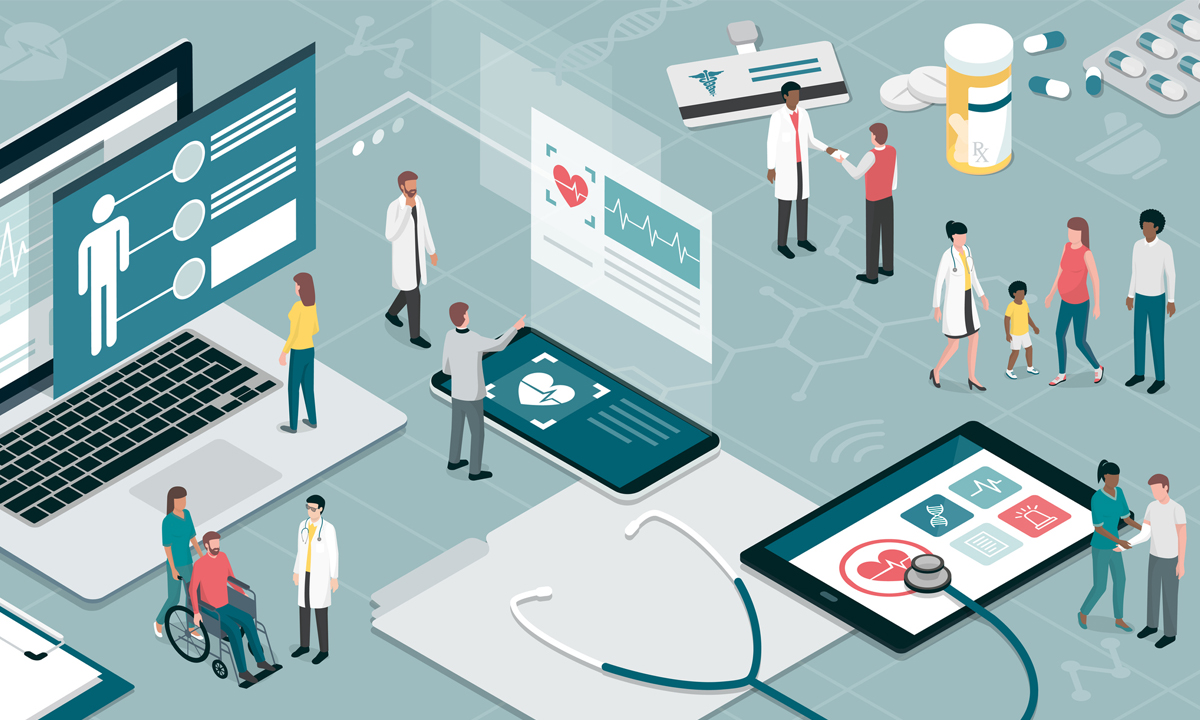Streamlining Operations: The Importance of Healthcare Operational Services
In the healthcare industry, operational services play a crucial role in ensuring the smooth functioning of medical facilities. From managing patient flow to optimizing resources, healthcare operational services are essential for enhancing efficiency and improving patient outcomes. This article explores the importance of streamlining operations in healthcare and the benefits it brings to both providers and patients.
The Role of Healthcare Operational Services
Healthcare operational services encompass a wide range of activities that are vital for the day-to-day operations of healthcare facilities. These services focus on optimizing processes, managing resources, and improving overall efficiency. Some key functions of healthcare operational services include:
1. Patient Flow Management
- Ensuring smooth transitions between different stages of care
- Reducing wait times for patients
- Minimizing bottlenecks in the healthcare delivery process
2. Resource Allocation
- Optimizing the use of staff and equipment
- Ensuring that resources are allocated efficiently based on patient needs
- Identifying areas where resources can be reallocated or streamlined
3. Quality Improvement
- Implementing processes to monitor and improve the quality of care
- Ensuring compliance with regulations and standards
- Implementing strategies to enhance patient safety and satisfaction
The Benefits of Streamlining Operations in Healthcare
Streamlining operations in healthcare can have a positive impact on both providers and patients. Some of the key benefits include:
1. Improved Efficiency
- Reduced waiting times for patients
- Optimized use of resources
- Enhanced productivity of staff
2. Cost Savings
- Identifying areas where resources can be reallocated to reduce waste
- Streamlining processes to reduce operational costs
- Improving overall financial performance of the healthcare facility
3. Enhanced Patient Experience
- Reduced wait times and improved access to care
- Higher levels of patient satisfaction
- Improved communication and coordination of care
Challenges in Streamlining Healthcare Operations
While streamlining operations in healthcare can bring about numerous benefits, it is not without its challenges. Some common challenges include:
1. Resistance to Change
- Staff may be resistant to new processes or technology
- Cultural barriers within the organization
- Lack of buy-in from key stakeholders
2. Data Management
- Ensuring the accuracy and security of patient data
- Integrating data from different systems and sources
- Utilizing data analytics to drive operational improvements
3. Regulatory Compliance
- Staying up-to-date with changing regulations and standards
- Ensuring that operational changes comply with legal requirements
- Managing risks associated with non-compliance
Strategies for Effective Healthcare Operational Services
Overcoming these challenges requires the implementation of effective strategies. Some key strategies for streamlining operations in healthcare include:
1. Embracing Technology
- Implementing electronic health records (EHR) systems
- Utilizing data analytics tools for decision-making
- Integrating different systems for seamless information flow
2. Continuous Training and Education
- Ensuring that staff are trained on new processes and technologies
- Promoting a culture of continuous learning and improvement
- Providing opportunities for professional development
3. Collaboration and Communication
- Promoting interdisciplinary collaboration among healthcare teams
- Improving communication channels within the organization
- Engaging patients in their care decisions
By implementing these strategies and addressing the challenges faced in healthcare operations, medical facilities can improve efficiency, reduce costs, and enhance the overall quality of care provided to patients.
